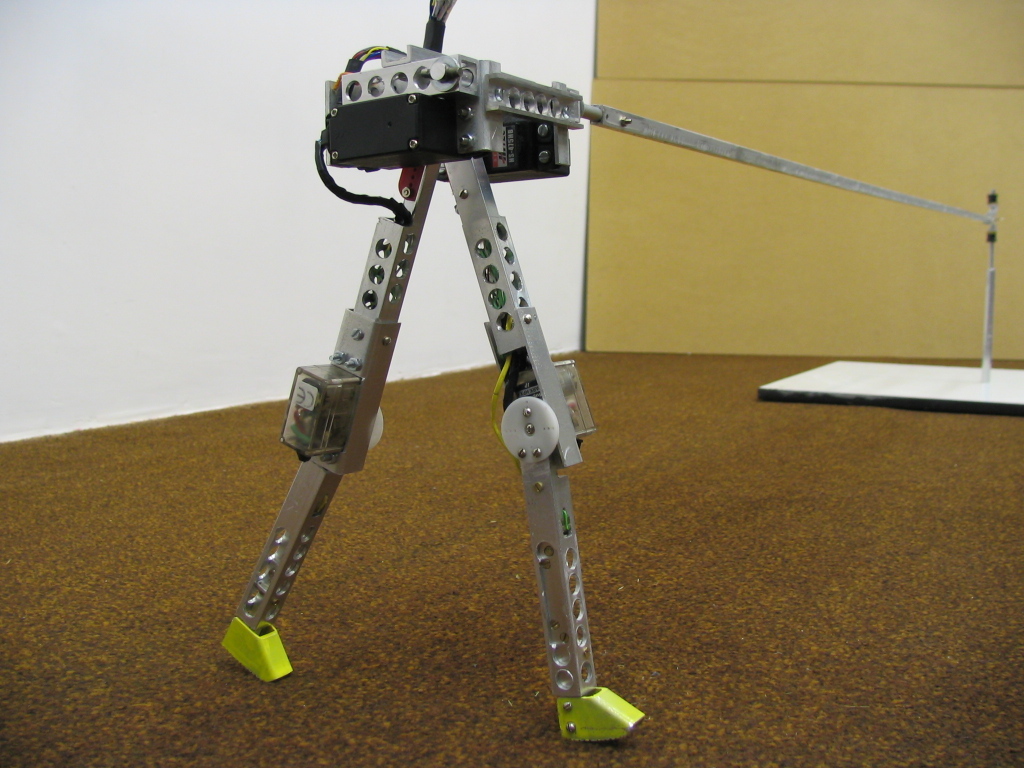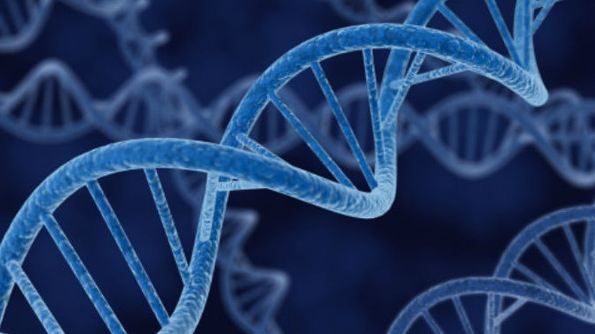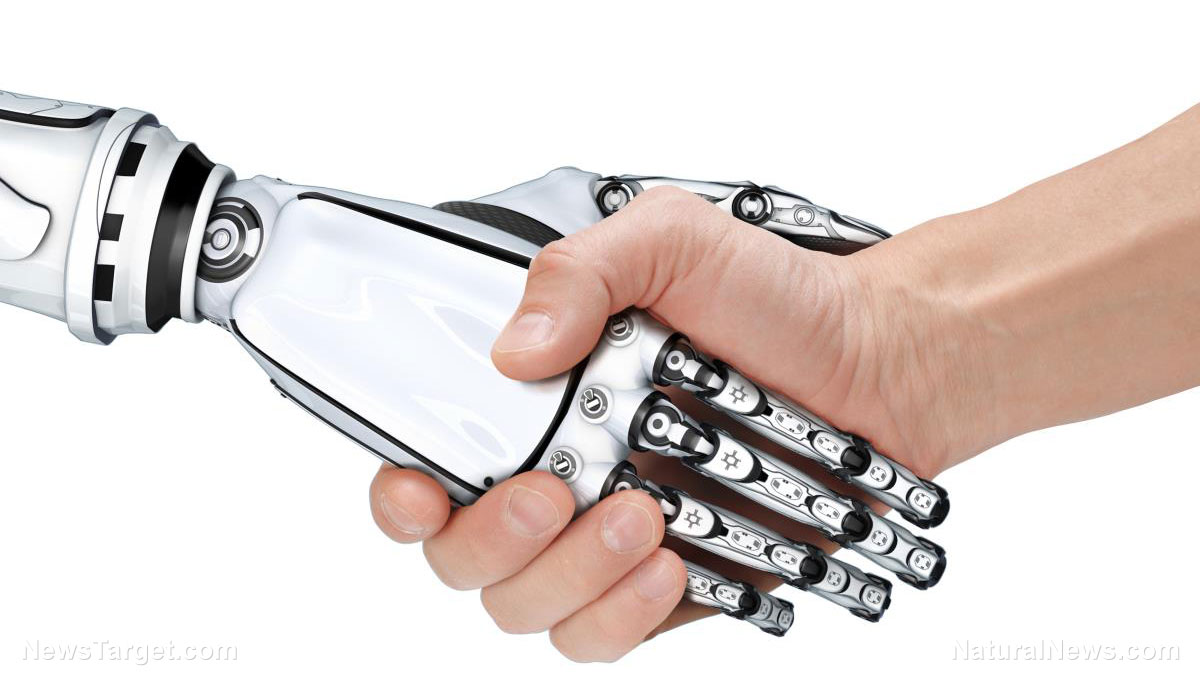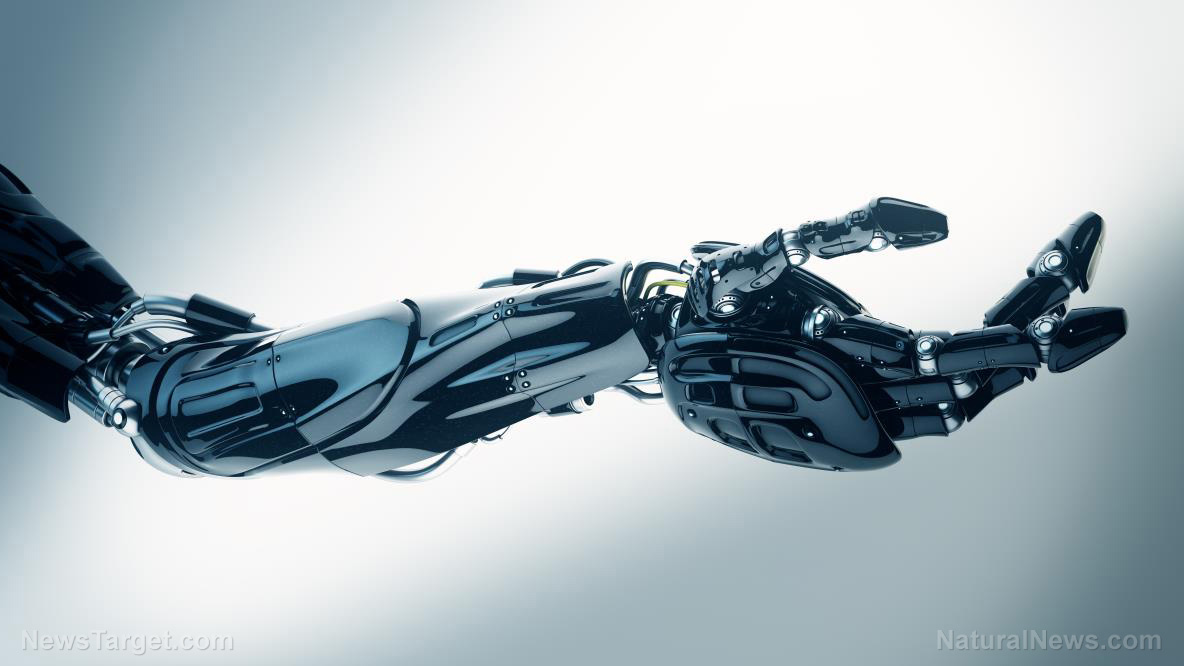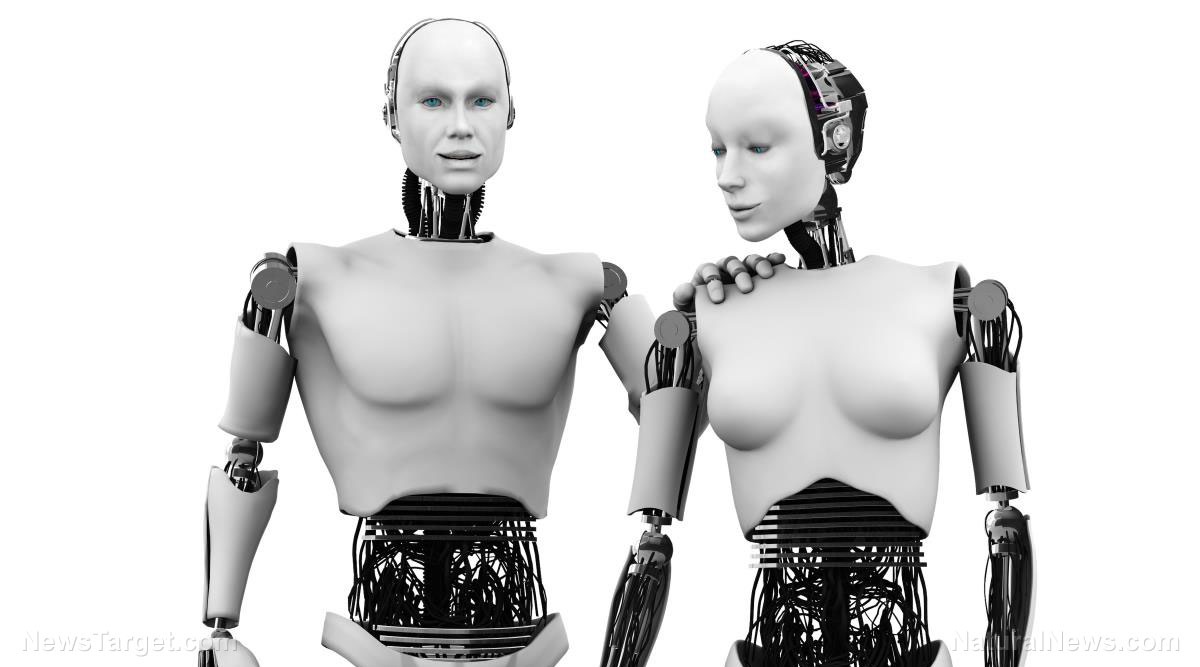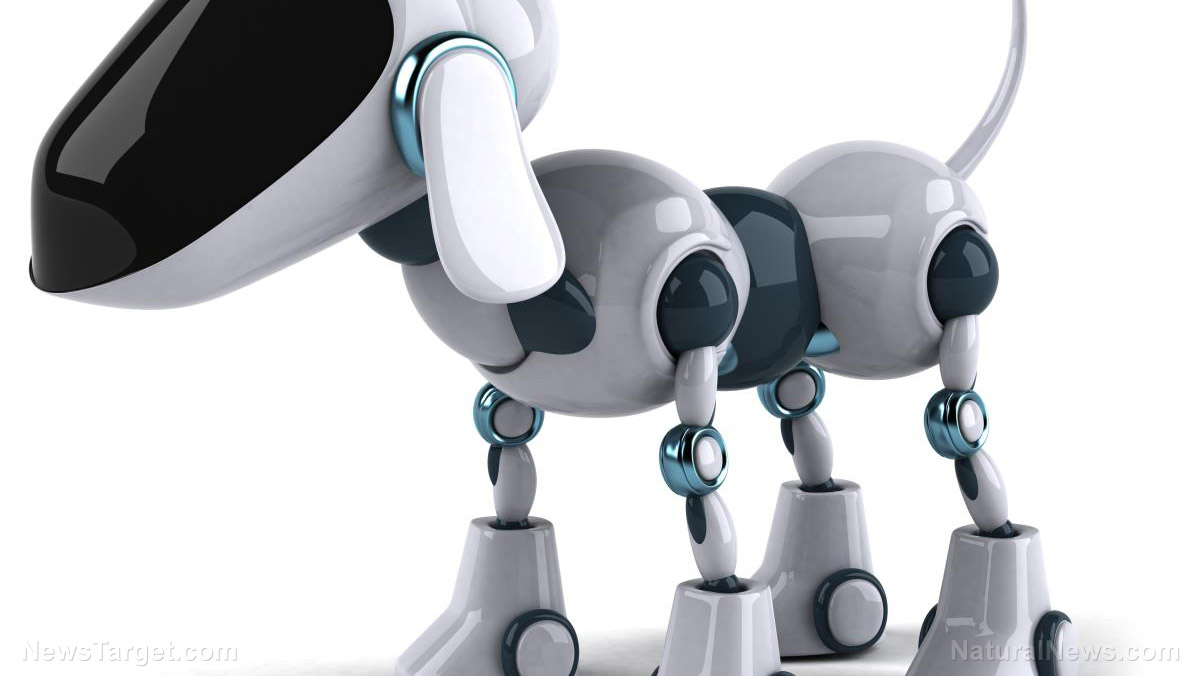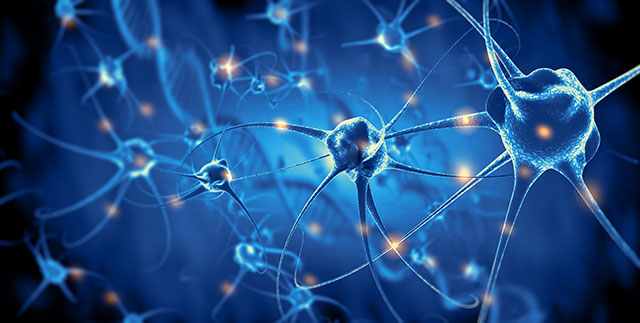A.I. will cause more inequality in wealth and employment across the world – study
08/20/2018 / By David Williams

Now that it’s all but completely certain that the future belongs to robots, it’s time to think about how to make the most of it. The robotics and AI revolution can’t be stopped now, and the possible consequences have been enumerated by many experts time and time again. It’s getting to the point where mentioning certain specific outcomes have become part and parcel of any story about robotics and artificial intelligence.
Machines will take over, businesses will flourish, and millions upon millions of individuals are going to lose their jobs. At least, that’s what many experts have said will happen when AI gains prominence. But rather than robots simply replacing humans and causing long lines of unemployment all over the country, two research papers have put forth the idea that the outcome could even be more depressing after all is said and done.
According to two timely research papers, the loss of jobs may not be the biggest blow that the rise of AI gives to the world economy. Instead, the proliferation of machines that are good enough to take over jobs originally made for humans is greater income and wealth inequality, for everyone.
This is the main idea behind the papers titled, “Artificial Intelligence and Its Implications for Income Distribution and Unemployment,” and “Managing automation: Employment, inequality and ethics in the digital age.” Basically, the researchers argue – in different words – that not all jobs will be taken by robots; however, those that aren’t will pay so little that the humans working them will remain poor as the owners of the robots that have taken over the jobs will become richer.
The first paper was authored by two economists, namely, Anton Korinek of Johns Hopkins University and Joseph E. Stiglitz of Columbia University. In their paper, which was presented last month through the National Bureau of Economic Research (NBER), they say rather bluntly that, “the primary economic challenge posed by the proliferation of AI will be one of income distribution.” They disagree with the notion that there’s only a fixed number of jobs and that once AI becomes advanced enough, these jobs will be taken away and there will be less for the picking by humans.
Despite this supposed positive, however, they make it clear that the most obvious outcome is that any and all benefits will probably not be distributed equally to everyone. They liken the situation to that of the Great Depression, where the lower demand for workers ended up driving down agricultural prices and incomes, resulting in even less demand for urban products. As they note in their paper, “There are clear parallels to the situation today in that a significant fraction of the workforce may not have the skills required to succeed in the age of AI.”
Meanwhile, the second paper was put together by researchers Mathew Lawrence, Carys Roberts, and Loren King from the Institute for Public Policy Research, a London-based think tank. It argues that rather than eliminating jobs that would otherwise be meant for humans, automation will simply transform the job market, which would eventually lead to a high level of inequality, especially if there is no regulatory attention.
In the words of the authors, “In the absence of policy intervention, the most likely outcome of automation is an increase in inequalities of wealth, income and power.” Strict rules and regulations are mostly lacking in places like Silicon Valley, where a lot of the innovation about automation is likely going to originate. So the argument put forward by the paper does make a lot of sense.
Are both papers going to turn out to be correct? It’s hard to say for sure at the moment. What’s clear is that, even before the AI revolution, there’s already plenty of inequality now. It’s probably a huge stretch, but if robots and machines could instead be used to fix that problem instead, right now, it would be extremely great.
Read more about how robots are doing the impossible at Robots.news.
Sources include:
Tagged Under: AI, artificial intelligence, automation, Collapse, economics, economy, Great Depression, income, inequality, joblessness, jobs, layoffs, robot jobs, robot takeover, robotics, society, unemployment, wealth


